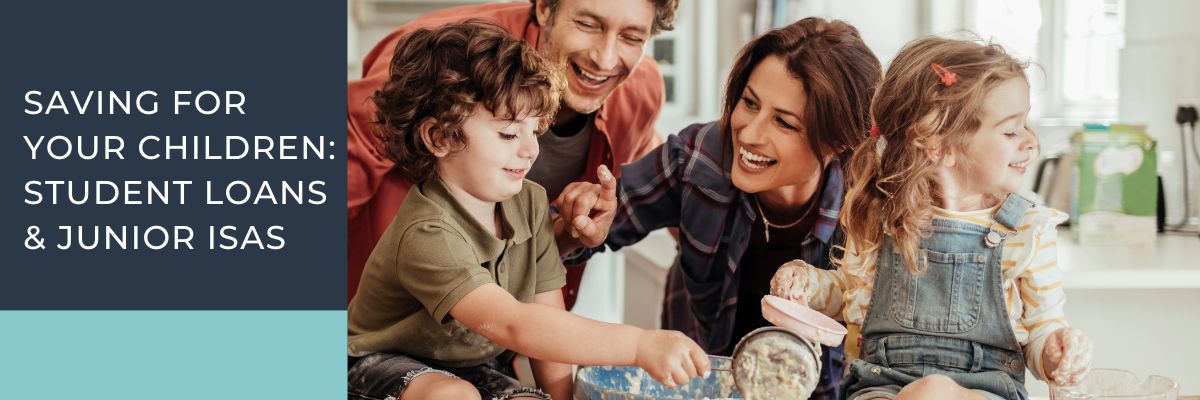In the years when Childcare costs begin to reduce is a time to consider saving for children’s futures. I’ve not yet heard of the child who couldn’t think of a reason to use the savings built up for them!
This day could be arriving sooner for many parents with the introduction on the new childcare allowance rules, which were announced in the Spring Budget.
According to Land Registry, the average house price in the UK is £290,000 (as at Jan ’23) and given that most mortgage lenders require a deposit of at least 5% and above for more competitive rates , this would require a deposit of over £14,500 and this is before taking legal and other costs associated with a house purchase are considered.
University tuition fees are currently £9,250 per academic year and once accommodation , living,and textbook costs are taken into account (no, you don’t get those for your £9,250 in my experience!) student loans soon mount up. Then consider that courses last anywhere between three and seven years – so think very carefully about gap-years or changes of degrees one or two years in!
The younger your children are, the greater the chances that the current rules around student finance will change over time, but under current rules, individuals with student loans in England taken out between Sept 2012 and July 2023 do not pay anything back until their annual income exceeds £27,295.
While on one hand, interest is accruing on the loan, on the other, by not paying the costs in advance, acts almost like an insurance policy. If the former student’s income doesn’t reach that level, and in some parts of the country that is almost the average salary, no loan payments are required.
Also, most student loan debt is written off after 30 years. Consider the likelihood that degree or no degree, your student may not earn enough or for long enough to pay the full cost of the loan.
QUICK WIN: Investigate Junior ISAs as a tax-efficient savings plan for your children. It is possible to save up to £9,000 in the current tax year 2023/24 and both deposit-based Cash Junior ISAs and shares-based Stocks & Shares Junior ISAs are available. To be eligible a child must have been born before September 2002 or on or after 3 January 2011. Upon reaching age 18 the ISA reverts to a fully-fledged adult ISA. While most children will not have income sufficient to become taxpayers a lesser-known tax rule means that interest gained from money given to a child from a parent or stepparent becomes taxable if it exceeds £100 in a tax year. So, a father placing £30,000 into his under 18-year-old daughter’s account at 1% would generate £300 in income but the whole £300 is taxed on Dad. If he is a basic rate taxpayer £60 income tax is due or in the case of a higher rate taxpayer, £120 of the £300 interest is lost to tax. Parents gifting their children money into Junior ISAs are not subject to these tax charges.
- Disclaimer: Three Counties does not advise on mortgages and debt and this post is for general information purposes only. As a mortgage is secured against your home, it could be repossessed if you do not keep up the mortgage repayments. This blog post was taken from a Three Counties eBook, Your Family, Your Finance, Your Future – click here to download the full guide.


